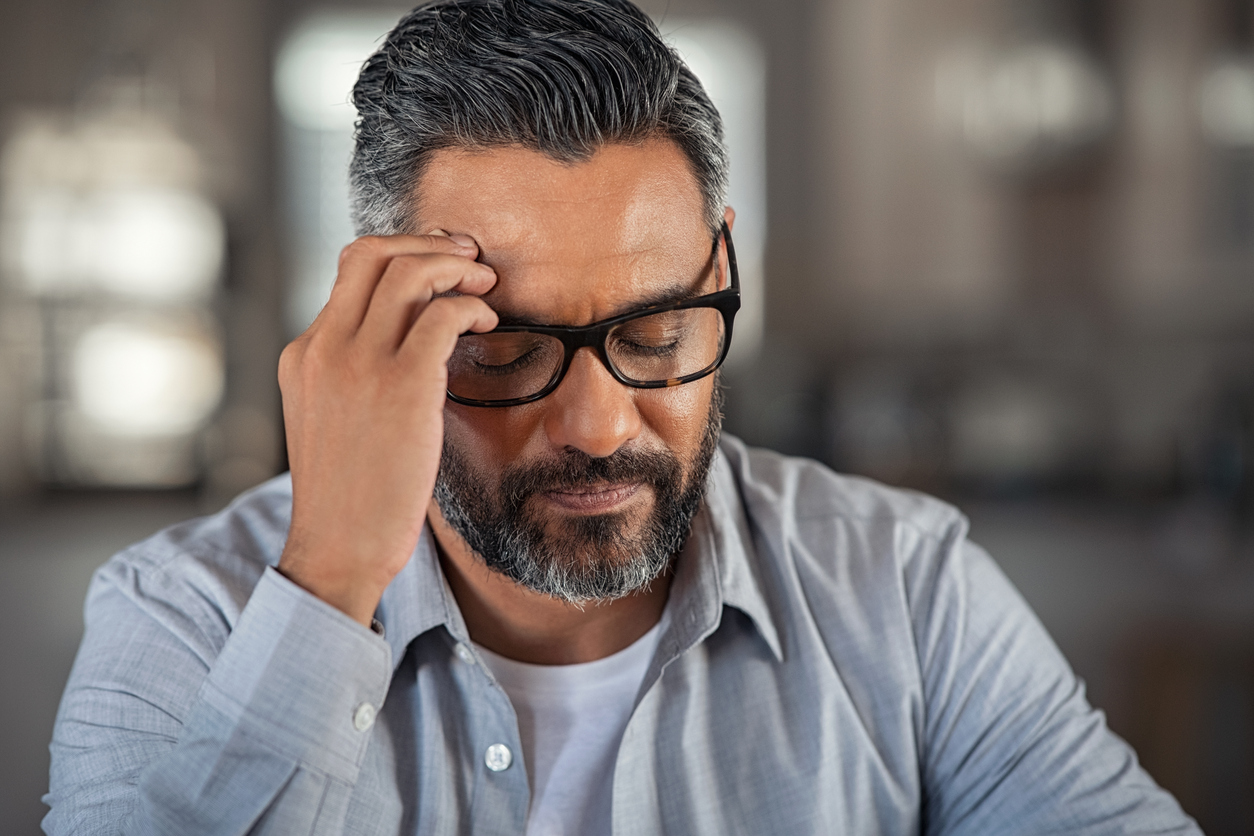Addiction means different things to different people. The definition can also vary depending on the drug or behavior. Some types of drugs trigger symptoms or addictions of the psychological or emotional variety. Other drugs result in more severe physical complications and withdrawal symptoms.
Doctors, researchers, and caregivers involved in treatment often focus on physical addiction, dependence, and psychological factors.
What Is Physical Addiction?
Addiction is a complex condition, as anyone facing or treating it can tell you. Most doctors agree that addiction is a disease involving physical dependence on a specific substance, often resulting in compulsive behavior.
Addicts continue to use even when doing so causes negative consequences. In fact, people suffering from addiction will often overuse and abuse a substance, even when their lives become toxic or dysfunctional.
When someone has a physical addiction to drugs, alcohol, or both, they may experience withdrawal symptoms if they don’t continue to use at the same level. Examples of these symptoms include:
- Nausea
- Vomiting
- Fever
- Chills
- Other side effects

Physical Dependence vs. Addiction
Oftentimes, intervention and rehabilitation programs avoid using the terms physical dependence and addiction because so few people understand the distinctions between the two. You might hear specialists use the term substance use disorder (SUD) instead.
But it’s helpful to understand physical dependence vs. addiction and how to provide effective treatment for each.
Physical Dependence
When someone suffers from physical dependence, their body depends on a drug or substance. The dependence frequency varies; some might feel the need to use daily while others need an hourly fix. Their bodies need the drug to function.
A physically dependent person might experience a growing tolerance for the drug and withdrawal symptoms when they don’t use it. You can depend on a drug without becoming addicted, but addiction is usually close behind.
It’s important to note that we’re not only talking about illicit substances here. People can get physically dependent on drugs even when prescribed by doctors and taken as instructed.
Patients may not feel the benefits as much and take more, particularly for pain relief. This dependency doesn’t mean they’re addicted, but they may be in danger of addiction.
In this situation, it’s best to contact an experienced clinician who can properly discern between an increased drug tolerance and the start of abuse and addiction.
Addiction
Addiction often shows up as a series of severe behavior changes inspired by fluctuations in the brain from physical dependence on a substance. The addicted individual will typically continue to increase usage.
Using becomes a priority when someone moves from dependency to addiction.
Addicts often exhibit toxic behavior. They may feel like they cannot stop, despite the harmful consequences. Someone struggling with addiction may:
- Lose interest in work, school, and other responsibilities
- Change friends
- Act irrationally
- Show little interest in activities they used to enjoy

These warning signs indicate that an individual is suffering from addiction.
How Is Physical Addiction Different from Psychological Addiction?
In cases of physical addiction, the user experiences physical withdrawal symptoms if they attempt to stop using. The body has grown dependent on the drug and requires it to function properly.
A psychological addiction causes the user to feel and act like they can’t function without their drug of choice. Psychological addicts tend to lose interest in other aspects of their lives and spend a lot of time thinking about finding and using drugs.
You can experience both a physical and psychological addiction at the same time. Some people experience one or the other. Regardless, early detection and treatment can help you manage the withdrawal symptoms and increase the odds of successful recovery.
Treatment Options with Buena Vista Recovery
Supervised detox is vital to the physical addiction treatment and recovery process. At Buena Vista Recovery, experienced clinicians supervise patients to manage and minimize withdrawal effects. They also perform effective interventions to wean patients off drugs safely and handle different types of addiction.

Reach out to Buena Vista Recovery for more information about addiction treatment in Arizona. Help is available; you don’t have to suffer through addiction alone.
Buena Vista Recovery works with most insurance plans, including but not limited to Cigna, Magellan, Blue Cross Blue Shield, Humana, and Aetna, among others. On rare occasions, if a plan is not included in our network, our clinical outreach director will assist you in finding a placement that is in your network.




